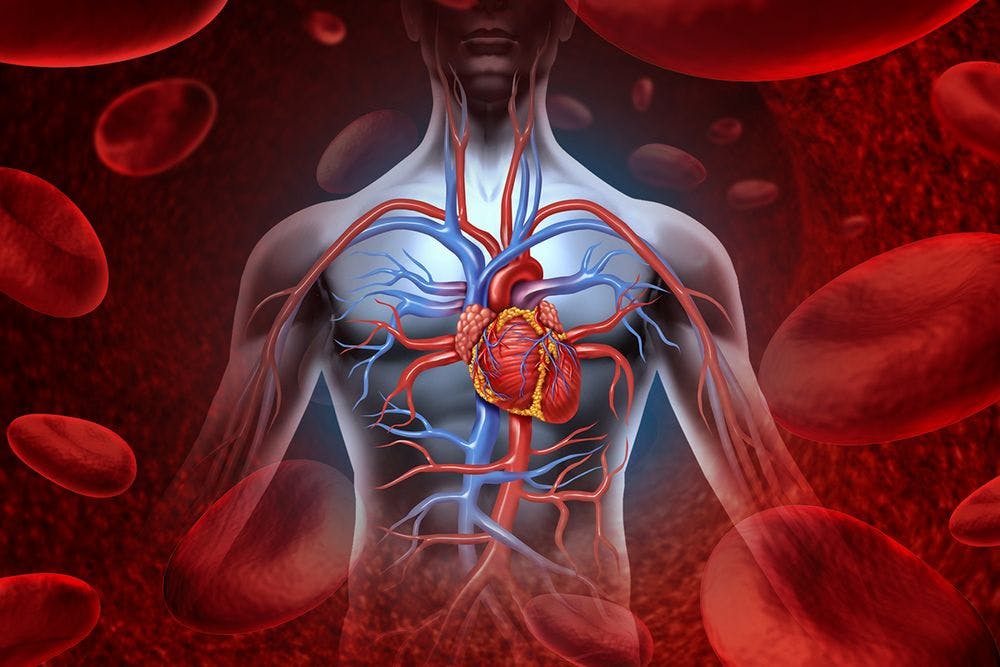Preventing Heart and Lung Diseases: Tips for a Healthy Lifestyle

.
Preventing Heart and Lung Diseases: Tips for a Healthy Lifestyle
Heart and lung diseases are among the leading causes of death in the world. While there is no single solution to preventing these diseases, there are steps that can be taken to reduce the risk of developing them. In this article, we will discuss some tips for maintaining a healthy lifestyle that can help reduce the risk of heart and lung diseases.
Eat a Balanced Diet Eating a balanced diet is essential for maintaining good health and reducing the risk of heart and lung diseases. Eating a variety of fruits, vegetables, whole grains, lean proteins, and healthy fats can help provide your body with the nutrients it needs to stay healthy. It is also important to limit your intake of processed foods, sugar, salt, and saturated fats.
Exercise Regularly Regular physical activity is an important part of maintaining good health and reducing the risk of heart and lung diseases. Aim for at least 30 minutes of moderate-intensity physical activity most days of the week. This could include walking, jogging, swimming, cycling or any other form of exercise that gets your heart rate up.
Maintain a Healthy Weight Being overweight or obese increases your risk for developing heart and lung diseases. Maintaining a healthy weight can help reduce this risk. To maintain a healthy weight, focus on eating nutritious foods in moderation and exercising regularly.
Quit Smoking Smoking is one of the leading causes of heart disease and lung cancer. Quitting smoking can significantly reduce your risk for developing these diseases as well as other health problems such as stroke or COPD (chronic obstructive pulmonary disease). If you are having difficulty quitting smoking on your own, talk to your doctor about medications or other treatments that may be able to help you quit successfully.
Reduce Stress Levels Stress has been linked to an increased risk for developing heart disease as well as other health problems such as depression or anxiety disorders. Taking steps to reduce stress levels such as practicing relaxation techniques like yoga or meditation can help reduce this risk. Additionally, getting enough sleep each night (7-8 hours) is important for managing stress levels as well as overall health.
Limit Alcohol Intake Drinking too much alcohol has been linked to an increased risk for developing heart disease as well as other health problems such as liver damage or certain types of cancer. Limiting alcohol intake to no more than one drink per day (for women) or two drinks per day (for men) can help reduce this risk while still allowing you to enjoy an occasional drink with friends or family members without putting your health at risk.
Get Regular Checkups Getting regular checkups with your doctor is important for monitoring any changes in your health that could indicate an increased risk for developing heart disease or other illnesses such as diabetes or high blood pressure. Your doctor will be able to provide advice on how best to manage any conditions you may have in order to keep them under control and reduce your overall risk for developing serious illnesses in the future.
Following these tips can help you maintain a healthy lifestyle which in turn can help reduce your risk for developing serious illnesses such as heart disease or lung cancer in the future. Remember that prevention is always better than cure so it’s important to take steps now towards living a healthier life!

